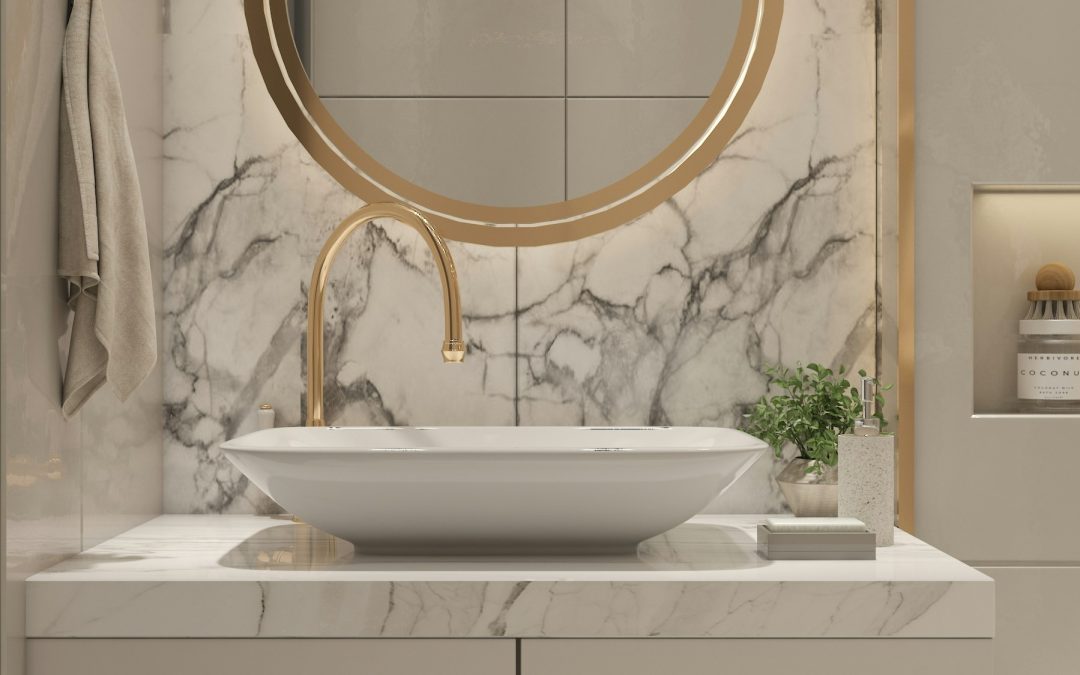We are all influenced by brands and the products we see every day. But how much do luxury, high-end products influence our preferences and purchasing decisions? Are they the reason we take the most important decisions in our lives? In this blog, we will discuss how much the influence of high-end products means to you.
Exposure Shapes Desires
No doubt repeated exposure to fancy, premium products on social media, in magazines, and worn by celebrities shapes our desires at some subconscious level. Elegant cars, designer handbags, and expensive watches that symbolize wealth and status gain notoriety and become aspiration items through extensive marketing and promotion. Merely seeing or learning about these items primes us to view them positively.
Luxury Perceived as Quality
Some argue that luxury brands have earned their prestige by delivering truly high quality, craftsmanship, and attention to detail that justify their elevated price points. Even if we cannot afford luxurious items, recognizing and appreciating fine construction, materials, and effort cannot be denied. While branding and exclusivity play roles, luxury often indicates a product exceeding everyday basics in tangible, beneficial ways worthy of influence.
Influence Depends on Individual
That said, how much any individual allows themselves to be influenced depends greatly on personality, values, and priorities. Status-seekers may find symbolic importance in conspicuous logos and brands. Others focus on intrinsic features regardless of labels. Most balanced consumers weigh quality, utility, and cost reasonably when luxury is an option rather than a mandate. Overall influence depends on agreeing with a brand’s ethos or not.
Product Influence Varied by Stage of Life
Younger individuals tend to place more significance on following trends and expressing themselves through the brands they adopt early in their careers or lives. However, influence often decreases as priorities change with age and experience. Established families may find more value in investing in responsibly-made basics rather than flashy ephemeral status symbols that do not serve long-term needs or principles.
Sacrificing Quality for Cost Not Advisable
While mass-produced items serve cost-conscious consumers well, trying to replicate high-end quality at bargain prices often backfires. Cutting corners leads to compromised longevity, functionality, or user experiences. Paying a premium for superb craft, care, and innovation delivers greater value by reducing the need for replacement. In these cases, brand influence appropriately signifies quality worth paying more for with eyes wide open.
Influence Warranted When Aligning With Values
In moderation, the influence of high-quality, conscientiously-made luxury goods need not be disparaged if they align with personal values of investing in durability, responsibility, and benefitting skilled labor. However, influence should never override considering needs, priorities, or acting within means. Ultimately individuals must thoughtfully assess brand narratives and how much influence aligns with integrity for themselves.
Social Influence Can Be Overstated
While luxury brands market heavily on social media, the influence may be overestimated. Not all flashy online personas translate to real purchasing power or brand loyalty. Sometimes perceived social status is temporary and superficial. Many posts about unattained luxuries simply encourage customer daydreaming, not actual sales. Luxury influence depends more on personal connections to quality, craftsmanship, and lifestyle fulfillment rather than superficial online boasting.
Influence of Accessible Luxury
Accessible, attainable luxury through affordable premium or mass market brands shows luxury influence need not be prohibitive or elitist. Brands like Michael Kors, Coach, and Kate Spade provide entry points for younger consumers to experience quality at lower price points while experimenting with personal style. This encourages developing an appreciation for finer materials and construction without financial burden. Such brands offer a gradual introduction to luxury ideals, empowering individuals to define luxury on their accessible terms going forward based on genuine interests, not false prestige.
Conclusion:
In conclusion, the influence of luxury varies situationally but quality usually deserves respect. Making mindful, balanced choices aligning values with real needs serves consumers and society better than strictly pursuing status or trends.
FAQs
Q1: At what point does luxury influence become too strong?
Ans: When it causes you to purchase items that don’t align with your actual needs, lifestyle, or budget just for the status. Balanced consideration of quality, value, and personal priorities is key.
Q2: How can I avoid superficial luxury influence on social media?
Ans: Focus on close friends/family instead of influencers. Consider the motivations behind posts. Make purchases based on your research and real-life experiences, not highlight reels.
Q3: When is it okay to indulge in high-end products?
Ans: Occasional splurges on well-made, timeless pieces you’ll enjoy for years that align with your authentic interests are reasonable. Just don’t make them the norm or priority over necessities.
Q4: How do I find my definition of luxury?
Ans: Reflect on the qualities and experiences that fulfill you versus status. Consider pricing that feels premium but not extravagant for your budget/lifestyle. Shop from a place of personal passion, not outside pressure.
https://unsplash.com/photos/white-ceramic-sink-O7WjrXiKy_s?utm_content=creditShareLink&utm_medium=referral&utm_source=unsplash


